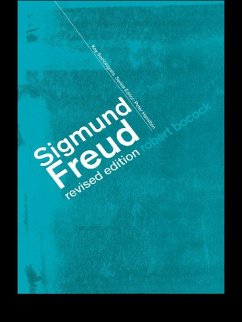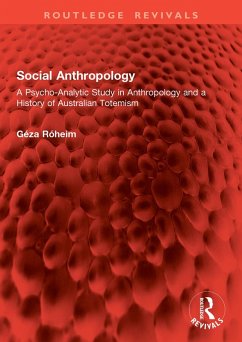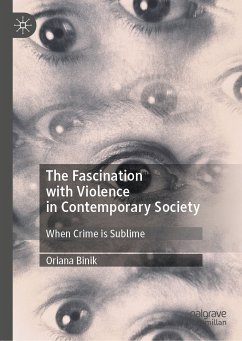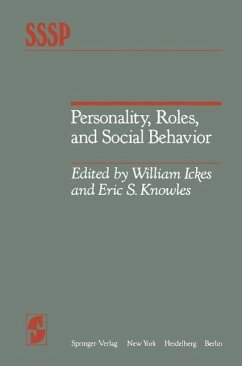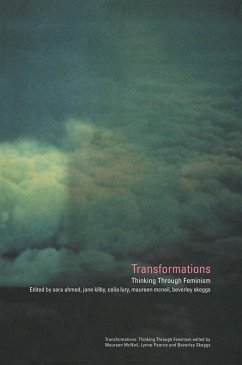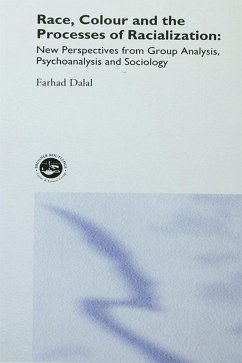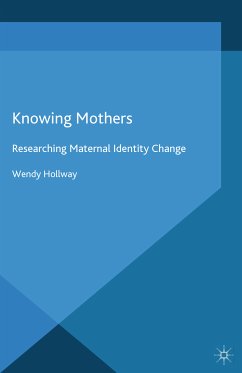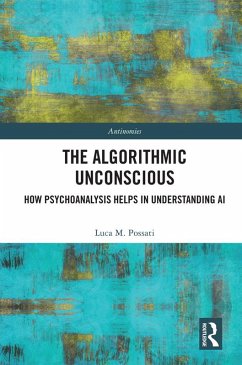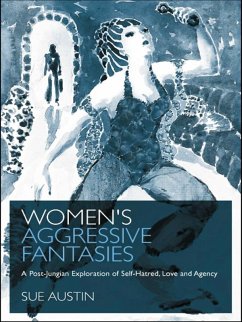
Being as Relation in Luce Irigaray (eBook, PDF)
Versandkostenfrei!
Sofort per Download lieferbar
96,95 €
inkl. MwSt.
Weitere Ausgaben:

PAYBACK Punkte
48 °P sammeln!
Many scholars have struggled with Irigaray's focus on sexuate difference, in particular with her claim that it is "ontological," wondering if this implies a problematically naïve or essentialist account of sexuate difference. As a result, the ethical vision which Irigaray elaborates has not been taken up in a robust way in the fields of philosophy, feminism, or psychoanalysis. By tracing the notion of relation throughout Irigaray's work, this book identifies a rigorous philosophical continuity between the three self-identified "phases" in Irigaray's thought (despite some critics' concerns tha...
Many scholars have struggled with Irigaray's focus on sexuate difference, in particular with her claim that it is "ontological," wondering if this implies a problematically naïve or essentialist account of sexuate difference. As a result, the ethical vision which Irigaray elaborates has not been taken up in a robust way in the fields of philosophy, feminism, or psychoanalysis.
By tracing the notion of relation throughout Irigaray's work, this book identifies a rigorous philosophical continuity between the three self-identified "phases" in Irigaray's thought (despite some critics' concerns that there is a discontinuity between these phases) and clarifies the relational ontology that underlies Irigaray's conceptualization of sexuate difference - one that always already implies an ethical project.
The text demonstrates that an understanding of Irigaray's Heideggerian inheritance - especially prominent in her later texts - is essential to grasping the sense of the idea that sexuate difference is ontological - it concerns Being, rather than beings. This book further develops potential applications of this ontological notion of a "relational limit" for the fields of philosophy, feminism, and psychotherapy.
Dieser Download kann aus rechtlichen Gründen nur mit Rechnungsadresse in A, B, BG, CY, CZ, D, DK, EW, E, FIN, F, GR, HR, H, IRL, I, LT, L, LR, M, NL, PL, P, R, S, SLO, SK ausgeliefert werden.
Alle Preise in Euro und inkl. der gesetzl. MwSt. | Innerhalb Deutschlands liefern wir preisgebundene Bücher versandkostenfrei. Weitere Informationen: bitte hier klicken
Support
Bitte wähle dein Anliegen aus:
Rechnungen
Bestellstatus
Retourenschein
Storno



